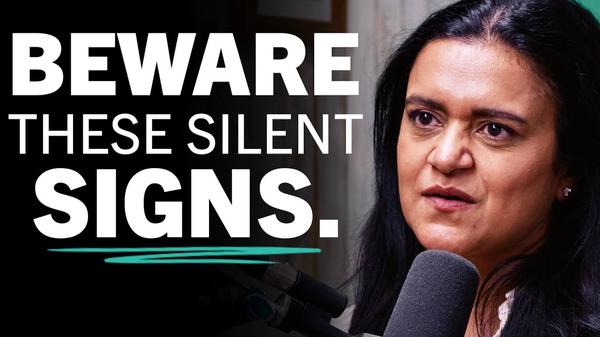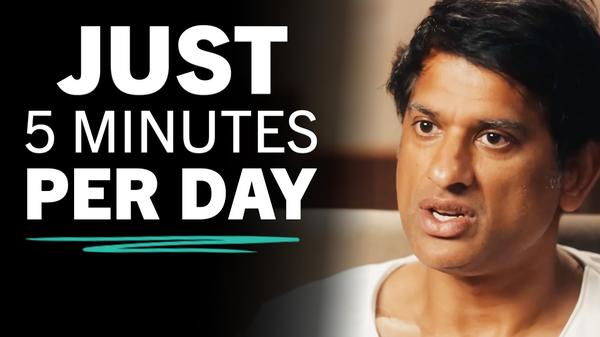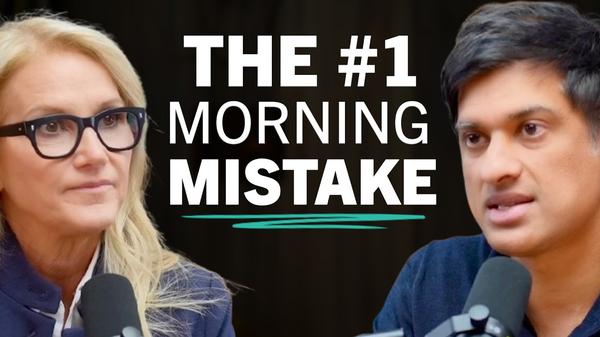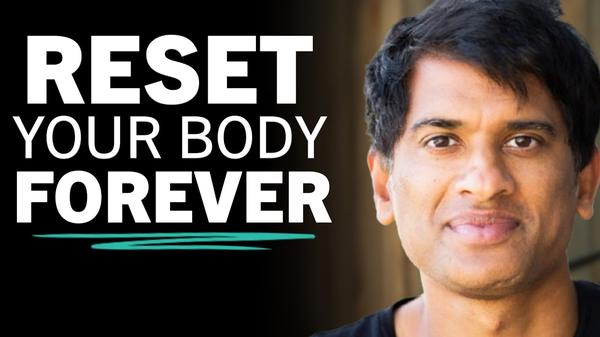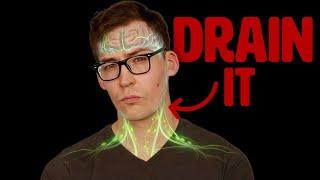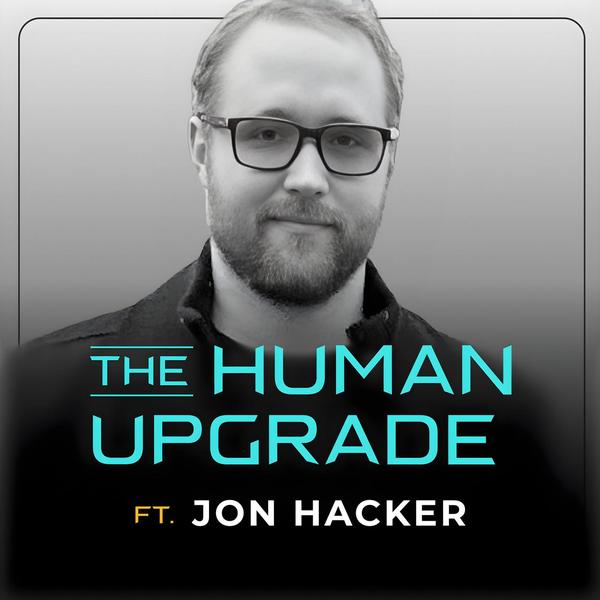
Neuroscientist: What To Do When You Feel Like Doing Nothing (Unmotivated, Burnt Out, Unhappy)
Rangan Chatterjee
Apr 2, 2025
Mindsip insights from this episode:
Evaluate motivation as a cost-benefit analysis for effort
Your brain treats motivation as a cost-benefit analysis, constantly weighing whether the energetic cost of exerting effort is worth the potential reward.
Recognize dopamine as a signal for unexpected positive events
Dopamine is not a pleasure molecule itself, but rather a learning signal that fires when an event is unexpectedly better than you predicted.
Prioritize pleasure to enhance mental health
Depriving yourself of everything you love in pursuit of optimized health will likely not be the route to the best mental health for most people.
Use laughter to enhance pain tolerance and resilience
Laughing with friends releases endogenous opioids, which has been shown in experiments to increase people's ability to tolerate uncomfortable physical challenges like wall sits.
Recognize biological overlap between pain and depression
If you have experienced depression, you are more likely to experience chronic pain in the future, and vice versa, because of a biological overlap in the brain circuits that support both conditions.
Experience euphoria through brief cold exposure
Brief but temporary pain, such as immersing yourself in very cold water, can induce an endogenous opioid release in the brain, leading to a feeling of euphoria.
Explore transcranial magnetic stimulation as an alternative depression treatment
Transcranial magnetic stimulation (TMS) is a non-invasive brain stimulation approach that shows similar efficacy to antidepressants for treating depression but is not yet widely available.
Train interoception to reduce anxiety through hot yoga
Interoception, the sense of your body's internal state, can be trained through practices like hot yoga to reinterpret signals like a high heart rate as non-threatening, thereby reducing anxiety.
Shift perception with SSRIs for improved mental health
Antidepressants like SSRIs may not work by fixing a serotonin deficit, but by changing your perception to be more positive, helping you interpret ambiguous events more neutrally.
Align motivation with your chronotype for optimal effort
Your motivation to exert effort is tied to your chronotype, meaning morning people can seem apathetic in the afternoon, and night owls can seem apathetic in the morning.
More from
Rangan Chatterjee
Neuroscientist: If You’re Feeling THIS, You’ve Lost Touch With Your True Self
Neuroscientist: If You Feel THIS, You're Living the Wrong Life (Unlock The One You're Meant For)
The 5-Minute Morning Habit That Transformed My Health, Happiness & Marriage
If You Struggle to Sleep, Start Doing THIS Every Morning
The Only 3 Rules You Need to End Cravings & Reset Your Body
You also might be interested in
The Hidden Damage That Happens "Behind-The-Scenes" In The Adult Entertainment Industry, With Former Adult Actress Felicity Feline
How to Set & Achieve Goals | Huberman Lab Essentials
The Science of Erotic Altered States | Biohacking Sex
Drain your Brain, Protect it from Alzheimer’s Disease
I Tried At-Home Ultrasound for My Brain



